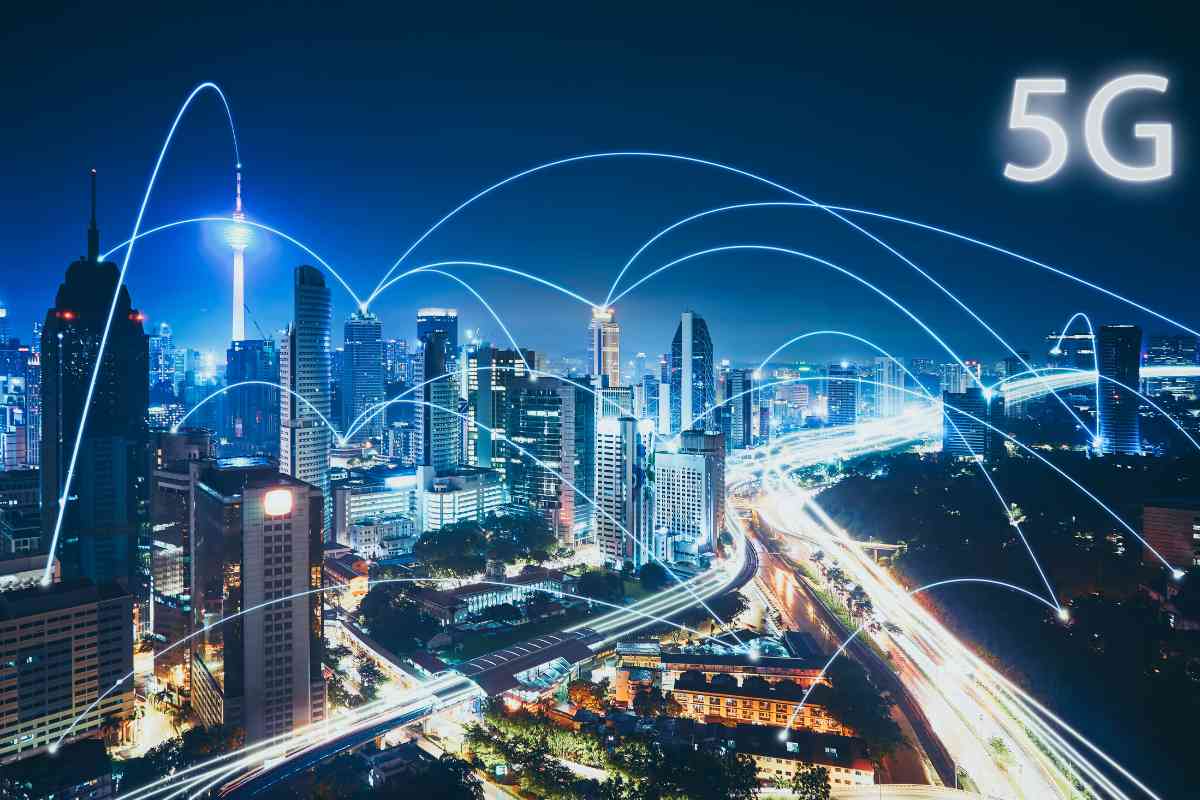
When the world got struck down with the COVID-19 pandemic in 2020, businesses around the world had to adopt a Work-From-Home (WFH) approach. With a majority of the employees now working remotely, organisations had to think about ways to boost their digital transformation to be able to support their employees in a smooth transition from working in an office to working from home.
Now that WFH has become the new normal, organisation are looking for the latest technology that could sustain this working model. This, combined with the surge in demand and adoption of 5G networks, poses new data security and cyber threats that need to be considered by these organisations as they have a diversified employee base.
Increase in the Potential Devices under Threat
One of the primary applications of the 5G network, once it would get global adoption, is with IoT. IoT or Internet of Things consists of billions of devices connected to the internet that collect and share data. 5G networks will enable more and more devices to be connected to the internet.
IoT connections are estimated to reach 25 billion globally by 2025. Cyber attackers will be looking for new loopholes and weak security points in these devices in order to be able to hack them. The largely remote working force seems to be a great opportunity for these attackers to commit a cyber attack.
The 5G network infrastructure is built in such a way that it brings application hosting to the network edge. While this provides improved latency and increased bandwidth, it also makes it easily prone to cyber attacks as the target points now increase.
Impacts the Entire Industry At Once
5G networks will bring increased connectivity between different devices. Organisations will need to keep a check on the way data and the network is protected in the supply chains. As these supply chains are going to be widely connected and be 5G compatible, it gives hackers’ opportunities to find a vulnerable weak spot that can be hacked with which they can hack a number of devices at once.
An example to explain the catastrophic impact of such a hack would be driverless cars, which if once hacked can lead to disastrous accidents. Another example could be the health care services, which if hacked could provide inaccurate treatments and diagnostics to patients.
The Way Forward for Businesses
Keeping all the possible threats in mind, businesses need to keep a security-first approach while think of adopting the latest technologies. A Zero-trust approach would help them ensure that an increased number of access points do not necessarily mean more breaches. As we move toward the adoption of 5G and its various applications, organisations need to be aware of what data flows through what supply chains, where it is’ stored and what possible risk threats does it have. Rapid response teams and automated techniques to tackle cyber threats would go a long way to ensure a smooth remote operation for any business.















